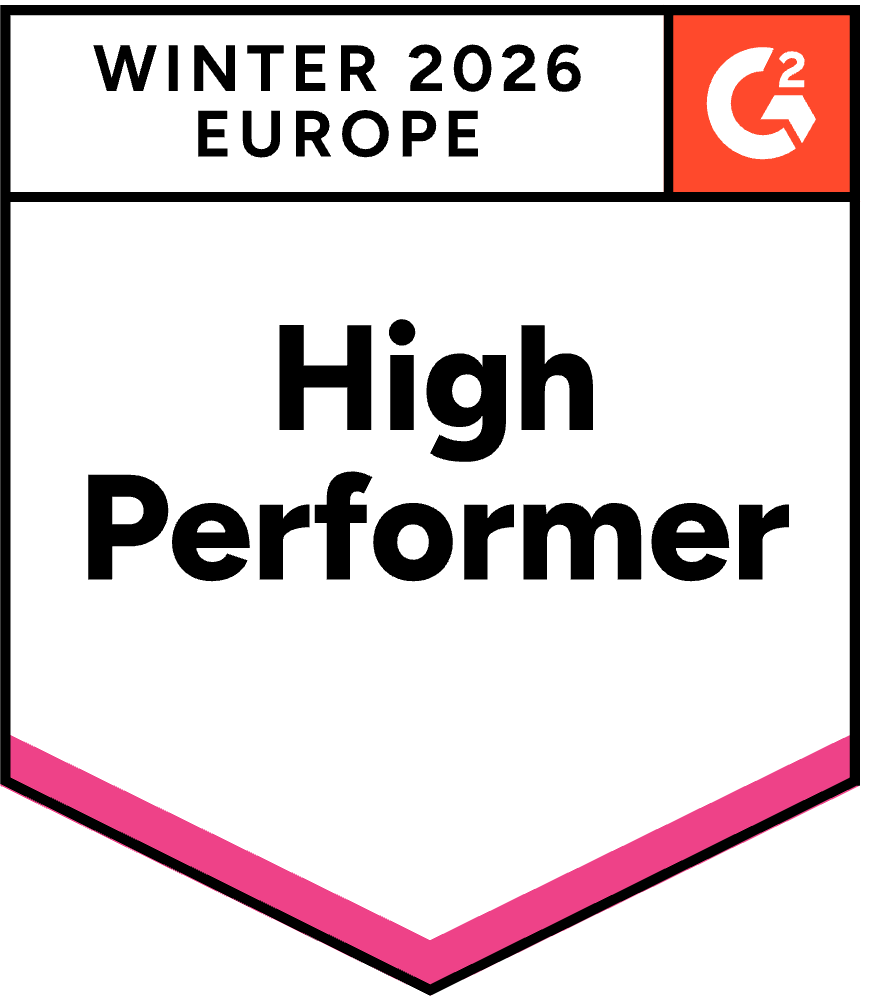



Discover more integrations
No items found.
Get in touch CTA Section
Lorem ipsum dolor sit amet, consectetur adipiscing elit, sed do eiusmod tempor incididunt ut labore et dolore magna aliqua.
Frequently asked questions
What makes Sifflet's architecture unique for secure data pipeline monitoring?
Sifflet uses a cell-based architecture that isolates each customer’s instance and database. This ensures that even under heavy usage or a potential breach, your data pipeline monitoring remains secure, reliable, and unaffected by other customers’ activities.
What benefits did jobvalley experience from using Sifflet’s data observability platform?
By using Sifflet’s data observability platform, jobvalley improved data reliability, streamlined data discovery, and enhanced collaboration across teams. These improvements supported better decision-making and helped the company maintain a strong competitive edge in the HR tech space.
What is data observability, and why is it important for companies like Hypebeast?
Data observability is the ability to understand the health, reliability, and quality of data across your ecosystem. For a data-driven company like Hypebeast, it helps ensure that insights are accurate and trustworthy, enabling better decision-making across teams.
What makes Sifflet a strong alternative to Monte Carlo for data observability?
Sifflet stands out as a modern data observability platform that combines AI-powered monitoring with business context. Unlike Monte Carlo, Sifflet offers no-code monitor creation, dynamic alerting with impact insights, and real-time data lineage tracking. It's designed for both technical and business users, making it easier for teams to collaborate and maintain data reliability across the organization.
What is a data platform and why does it matter?
A data platform is a unified system that helps companies collect, store, process, and analyze data across their organization. It acts as the central nervous system for all data operations, powering dashboards, AI models, and decision-making. When paired with strong data observability, it ensures teams can trust their data and move faster with confidence.
Can I use data monitoring and data observability together?
Absolutely! In fact, data monitoring is often a key feature within a broader data observability solution. At Sifflet, we combine traditional monitoring with advanced capabilities like data profiling, pipeline health dashboards, and data drift detection so you get both alerts and insights in one place.
What role did data observability play in improving Meero's data reliability?
Data observability was key to Meero's success in maintaining reliable data pipelines. By using Sifflet’s observability platform, they could monitor data freshness, schema changes, and volume anomalies, ensuring their data remained trustworthy and accurate for business decision-making.
How can I measure whether my data is trustworthy?
Great question! To measure data quality, you can track key metrics like accuracy, completeness, consistency, relevance, and freshness. These indicators help you evaluate the health of your data and are often part of a broader data observability strategy that ensures your data is reliable and ready for business use.















-p-500.png)
